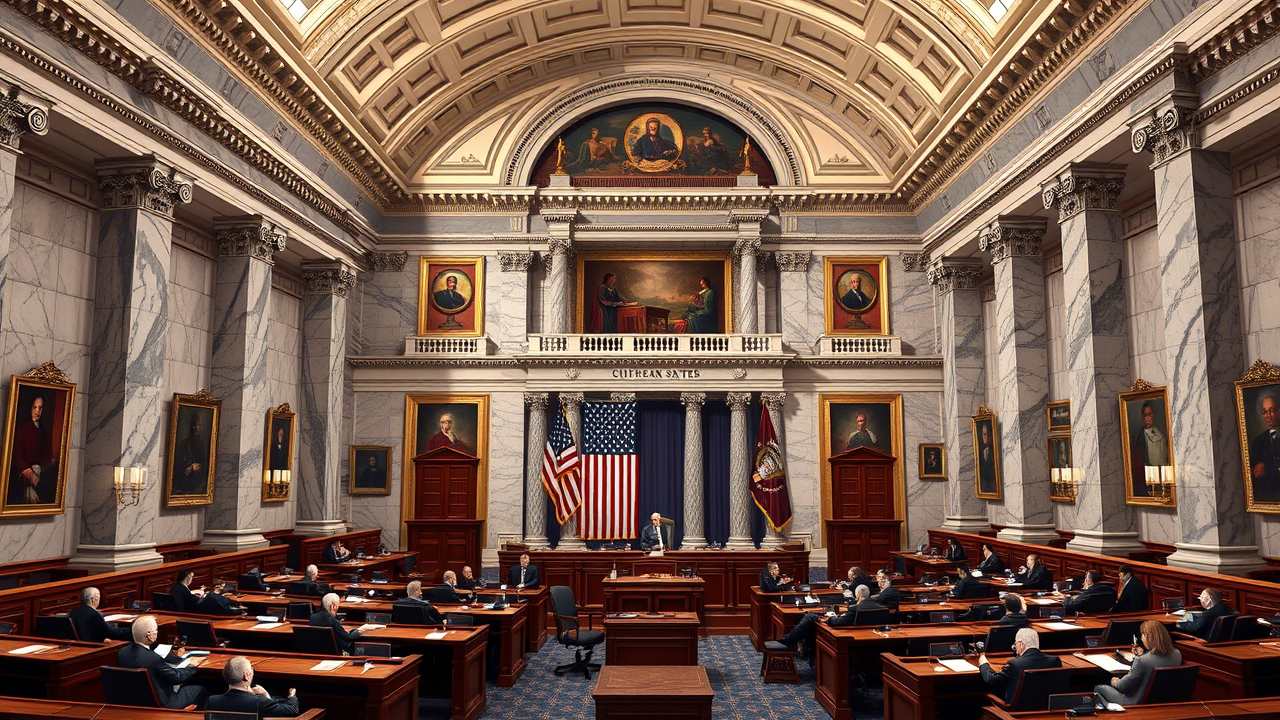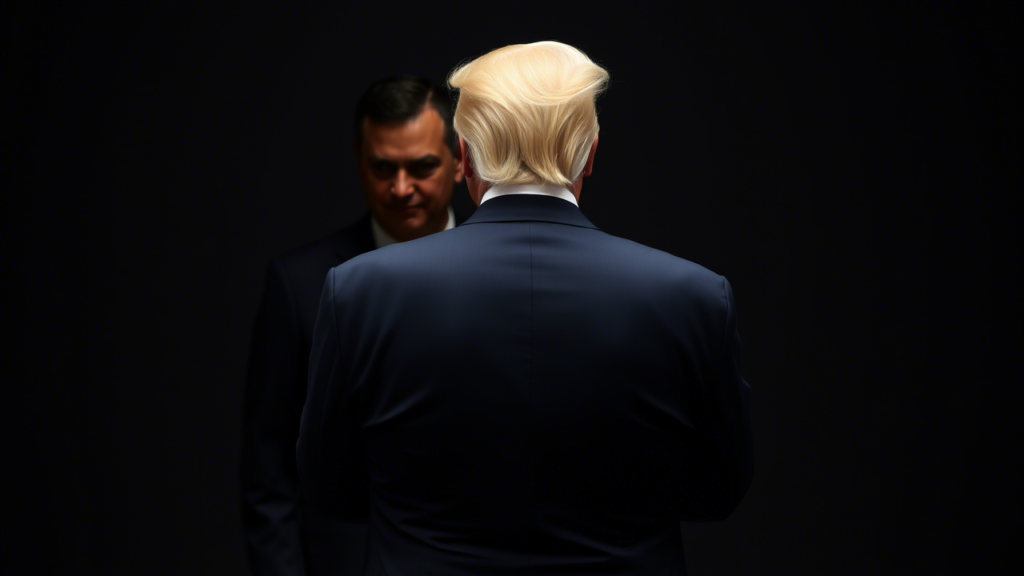The U.S. Senate has narrowly blocked progress on the GENIUS Act —a bill aimеd at shaping federal policy on stablecoins—following a 49-48 vote, with Senate Democrats raising concerns over former President Donald Trump’s cryptocurrency involvement.
The bill, introduced by Senator Bill Hagerty and supported by Senators Tim Scott, Kirsten Gillibrand, Cynthia Lummis, and Angela Alsobrooks, did not advance in the Senate on May 8, falling short of the necessary votes for progression.
The GENIUS Act was widely regarded as a bipartisan push to bring clearer regulatory guidelines to the U.S. digital asset landscape. Centered on the use of payment-focused stablecoins, the legislation aimed to strengthen the global role of the U.S. dollar while steering clear of more divisive issues within the cryptocurrency space.
Despite drawing backing from both sides of the aisle, the bill failed to clear the Senate by a single vote, sparking frustration among prominent voices in the cryptocurrency sector.
“This is a bad time for America. This is a terrible time for the crypto industry. We’re at risk of losing one of the most innovative technologies that we’ve seen in the world. It should be dominant here on our shores, and the Democrats all voted to shove it overseas,” Senator Hagerty stated in a video message he shared on X, following the vote.
Related: CFTC Opens Door for National Trust Banks to Issue Stablecoins
Senator Lummis also voiced her frustration on X, criticizing Congress for its continued failure to advance meaningful regulation for digital assets.
“I’m deeply disappointed that we were unable to pass this important, bipartisan-crafted stablecoin legislation today. Make no mistake, digital assets are the future and America must lead the way,” Lummis wrote.
Additionally, Treasury Secretary Scott Bessent weighed in on X, emphasizing that global progress in digital assets depends on strоng leadership from the United States. He further emphasized that the Senate had missed out on that opportunity by failing to advance the GENIUS Act.
Related: Judge Allows Insider Trading Lawsuit Against Coinbase Execs
“This bill represents a once-in-a-generation opportunity to expand dollar dominance and U.S. influence in financial innovation. Without it, stablecoins will be subject to a patchwork of state regulations instead of a streamlined federal framework that is more conducive to growth and competitiveness,” Bessent wrote.
The failure of the GENIUS Act to advance leaves the future of stablecoin regulation uncertain, with policymakers and industry stakeholders now turning their focus to the upcoming legislative session for potential developments.












